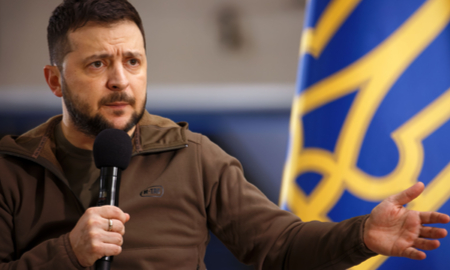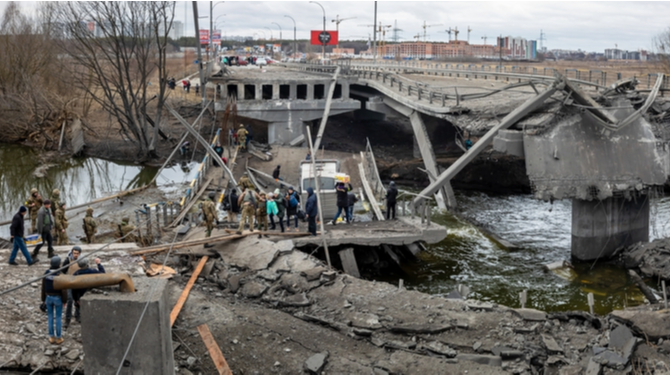Arbitration Law Over Borders Comparative Guide provides a comprehensive understanding of the current complexities of international arbitration across 16 jurisdictions....
| 1yr
| 1yr
Arbitration Law Over Borders Comparative Guide provides a comprehensive understanding of the current...










